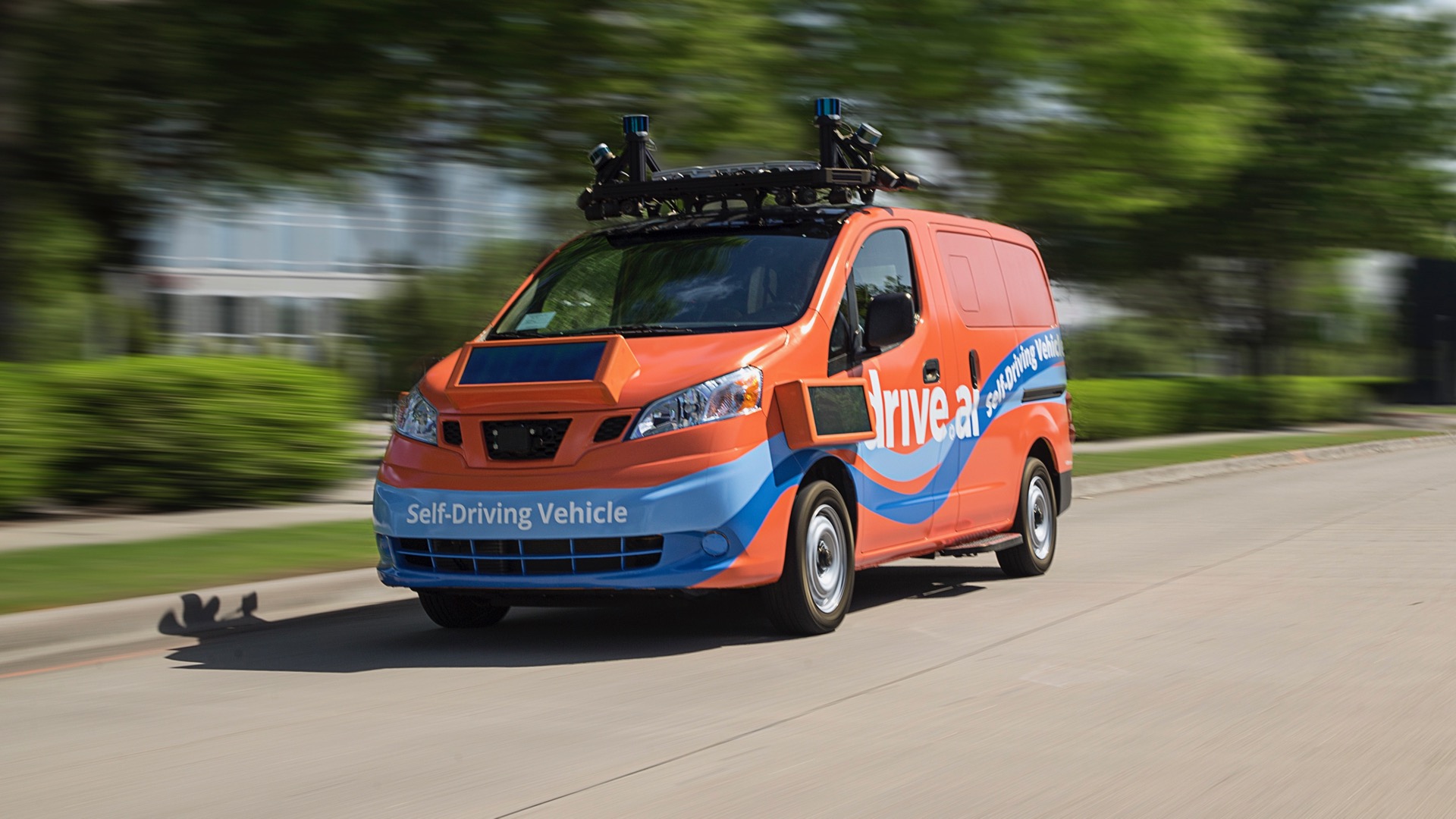

Companies are deploying prototype self-driving cars nationwide in pilot programs or, in the case of Waymo, a commercial ride-hailing service. But cities, states, and the federal government are being asked to shoulder the cost of rolling out these vehicles, according to Axios.
The actual cost to cities for deploying self-driving cars is murky, but two proposed contracts spotted by Axios on the website of the Houston-Galveston Area Council provide figures for two companies: French autonomous-shuttle operator EasyMile, and Silicon Valley-based startup Drive.ai.
EasyMile, which operates small, low-speed electric vehicles, charges $27,000 a month for cities that sign up for one year of service, according to the documents. Cities that sign up for a five-year contract get a discounted rate of $8,000 per month.
Drive.ai, which operates full-size cars (its fleet is comprised mostly of modified Nissan NV200 vans), charges $14,000 a month per vehicle for one year of operation, or $12,900 a month for a five-year contract. The city of Arlington, Texas, has already contracted Drive.ai to operate three vehicles in its entertainment district, noted Axios. The city will foot 20 percent of the $435,000 bill, while the federal government will cover the rest.
The state of Rhode Island has also committed to pay $800,000 for an autonomous shuttle service launching in its capital city of Providence in 2019. The service will be operated by May Mobility, which uses low-speed vehicles similar to those of EasyMile. The federal government will also chip in with a $300,000 grant.
However, cities and states that eagerly pay upfront for autonomous cars are outliers. Greg Rodriguez, a Washington, D.C.-based lawyer specializing in autonomous vehicles, told the website that most cities think there won’t be any costs associated with self-driving car pilot programs. His comments were echoed by Carnegie Mellon Professor Raj Rajkumar, who said he would be “very surprised” if cities pay for autonomous-vehicle services, even at “relatively low prices.”
How public funds are spent is always a touchy subject, creating yet another hurdle for self-driving cars. Axios noted that autonomous-car pilots could starve mass transit of funding. It’s also possible that voters will be unhappy about their tax dollars being spent on experimental self-driving cars. The bottom line is that autonomous-driving tech remains very expensive, and some large source of funding is needed to get it off the ground.